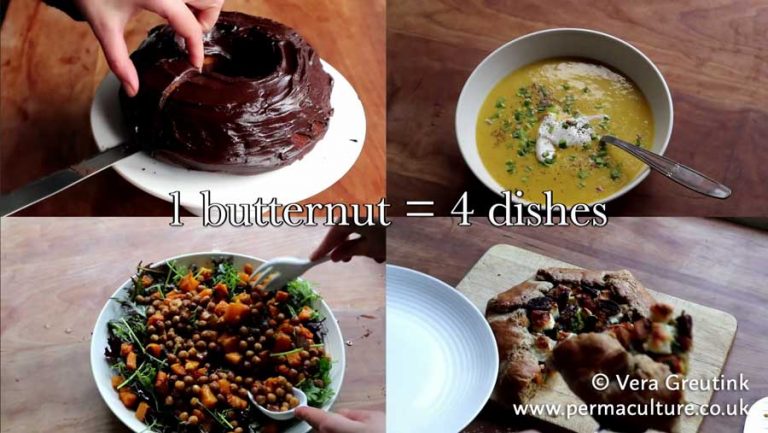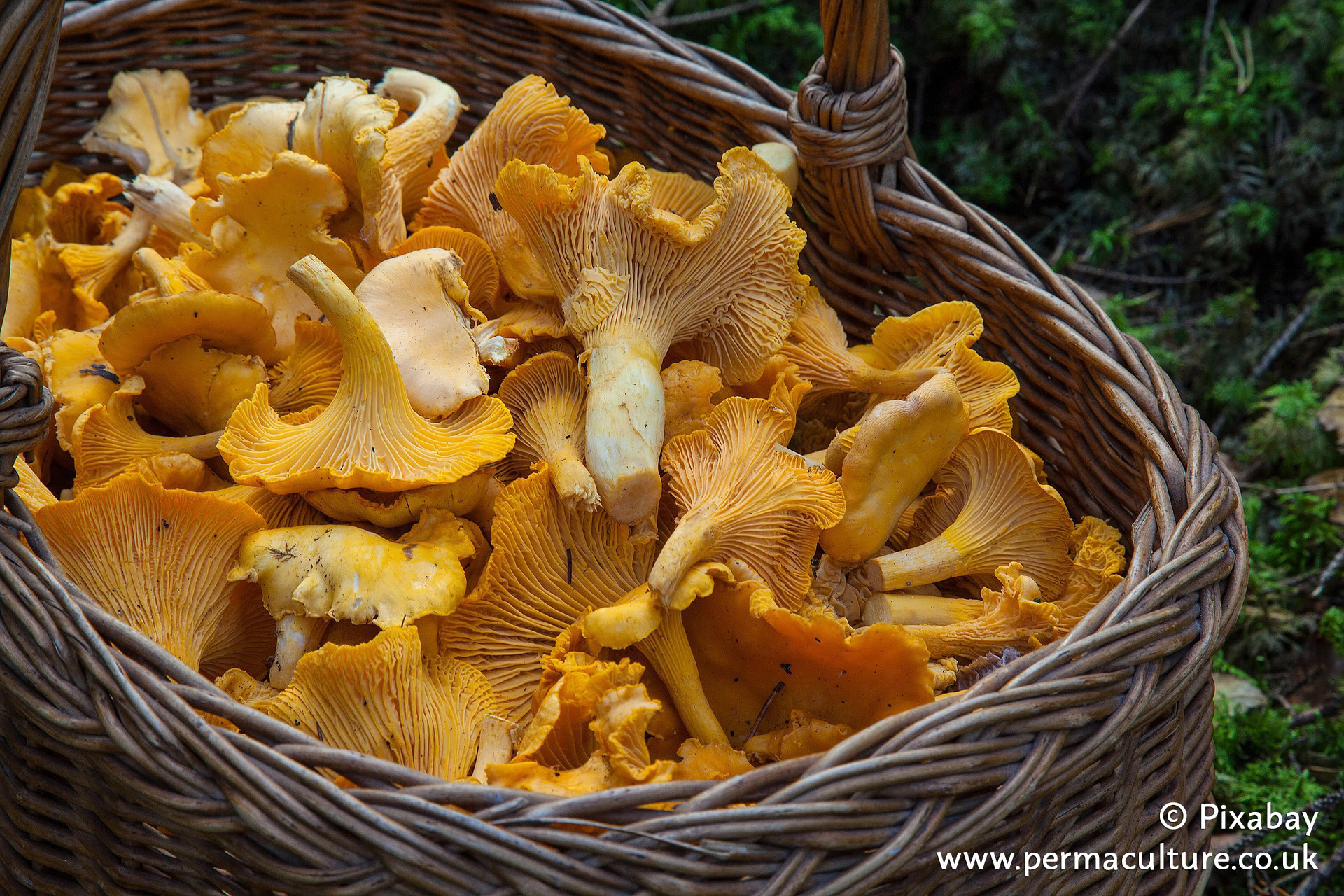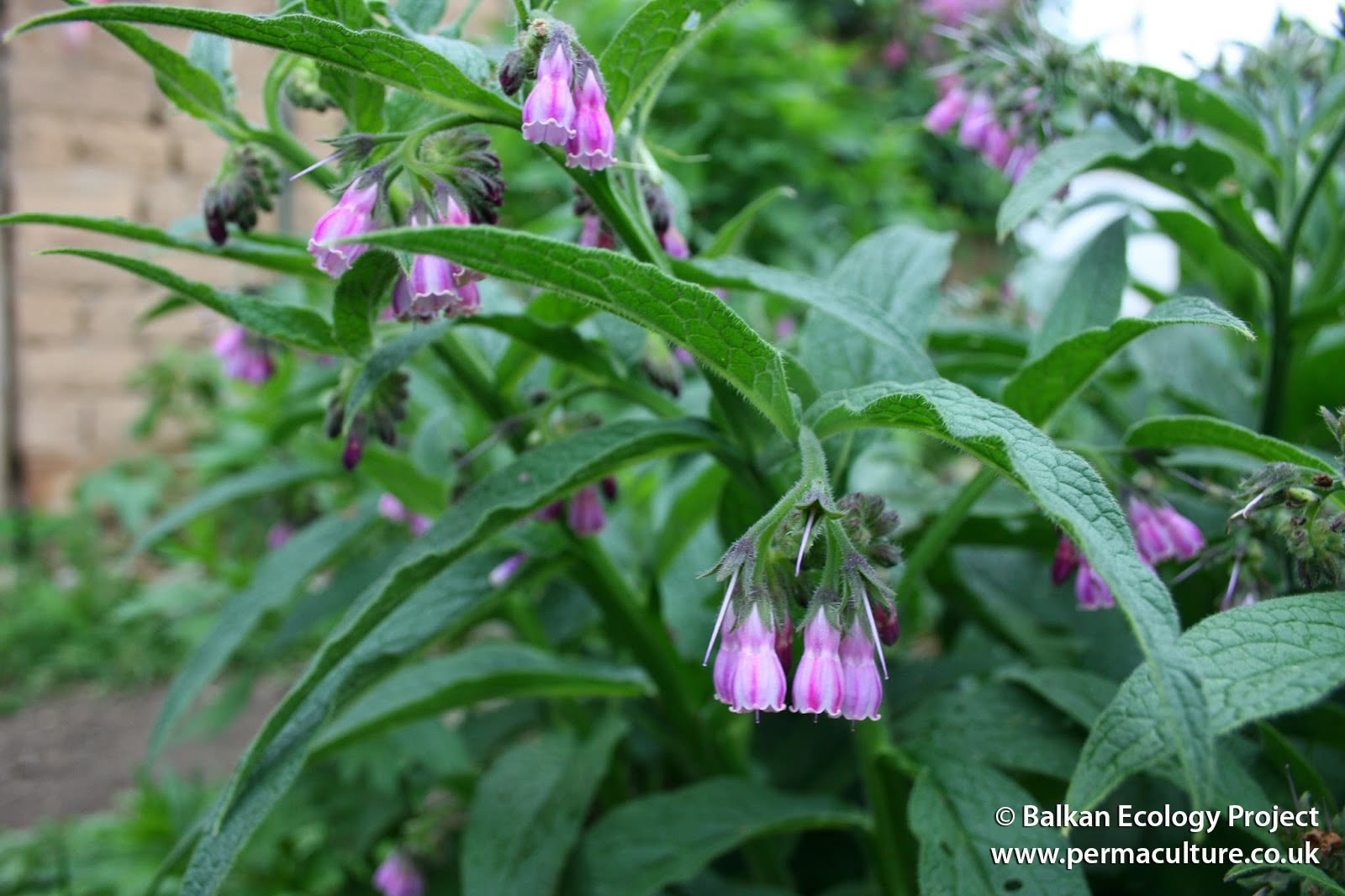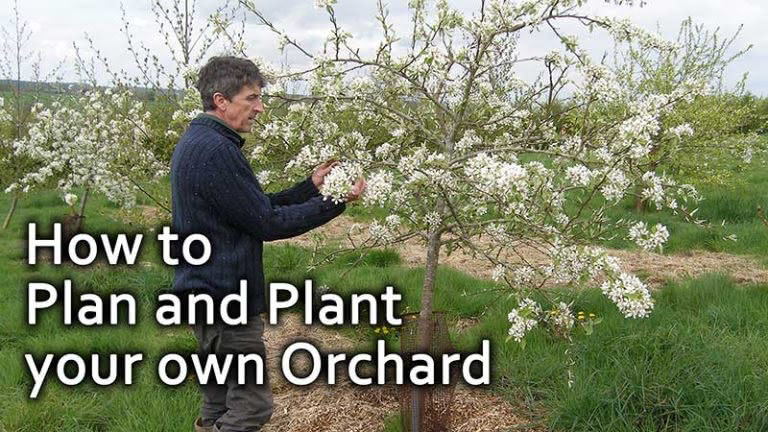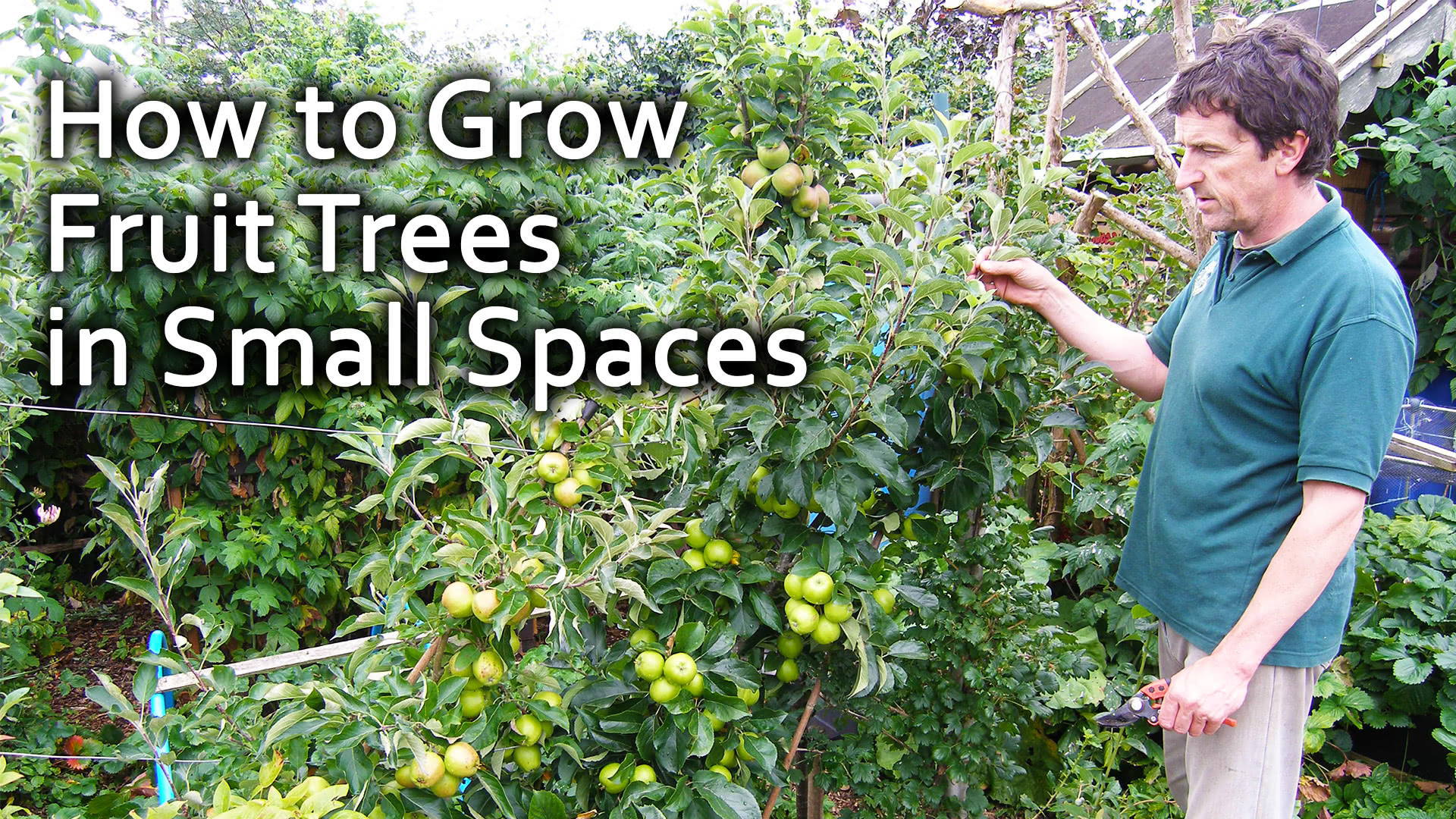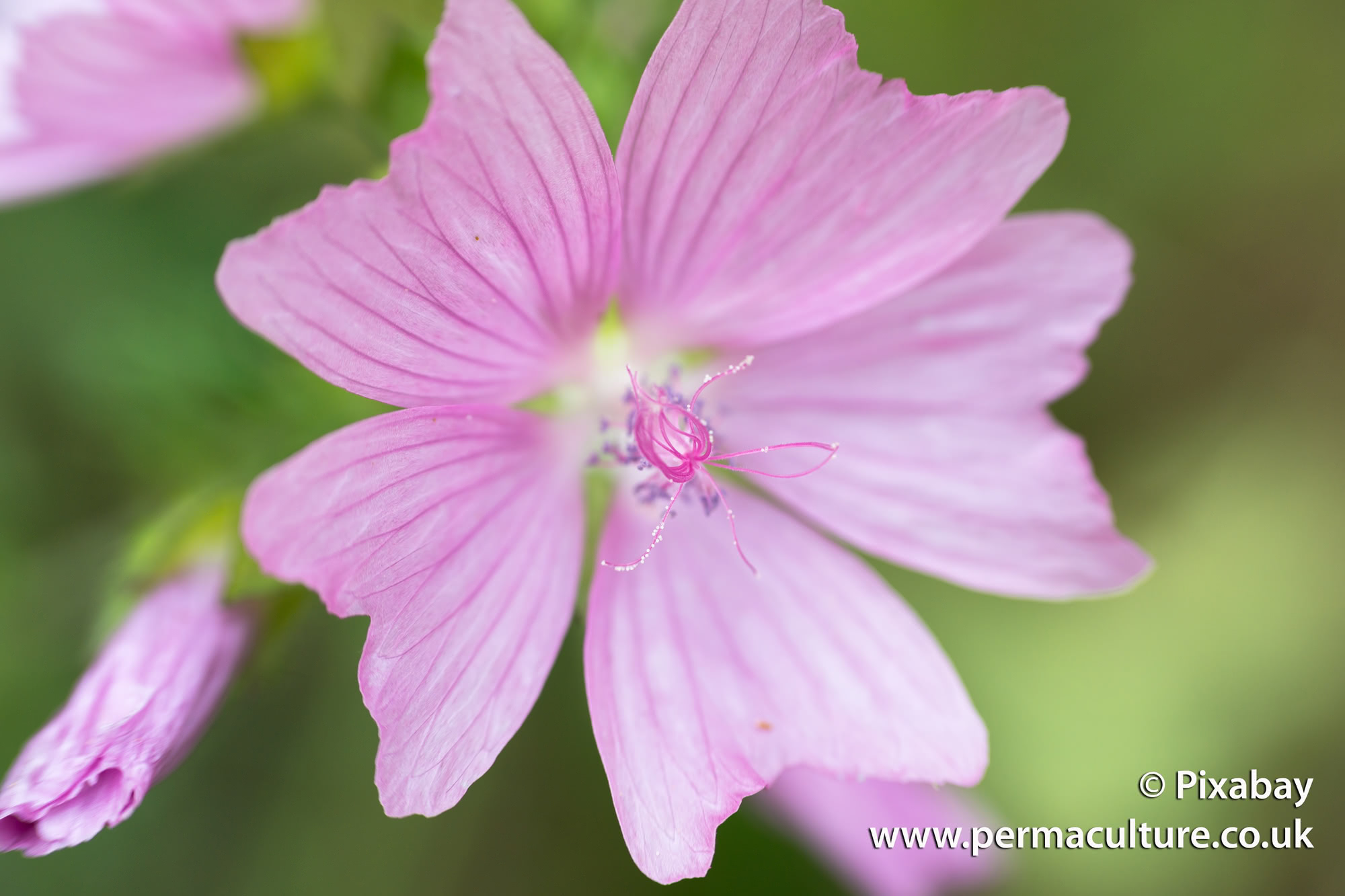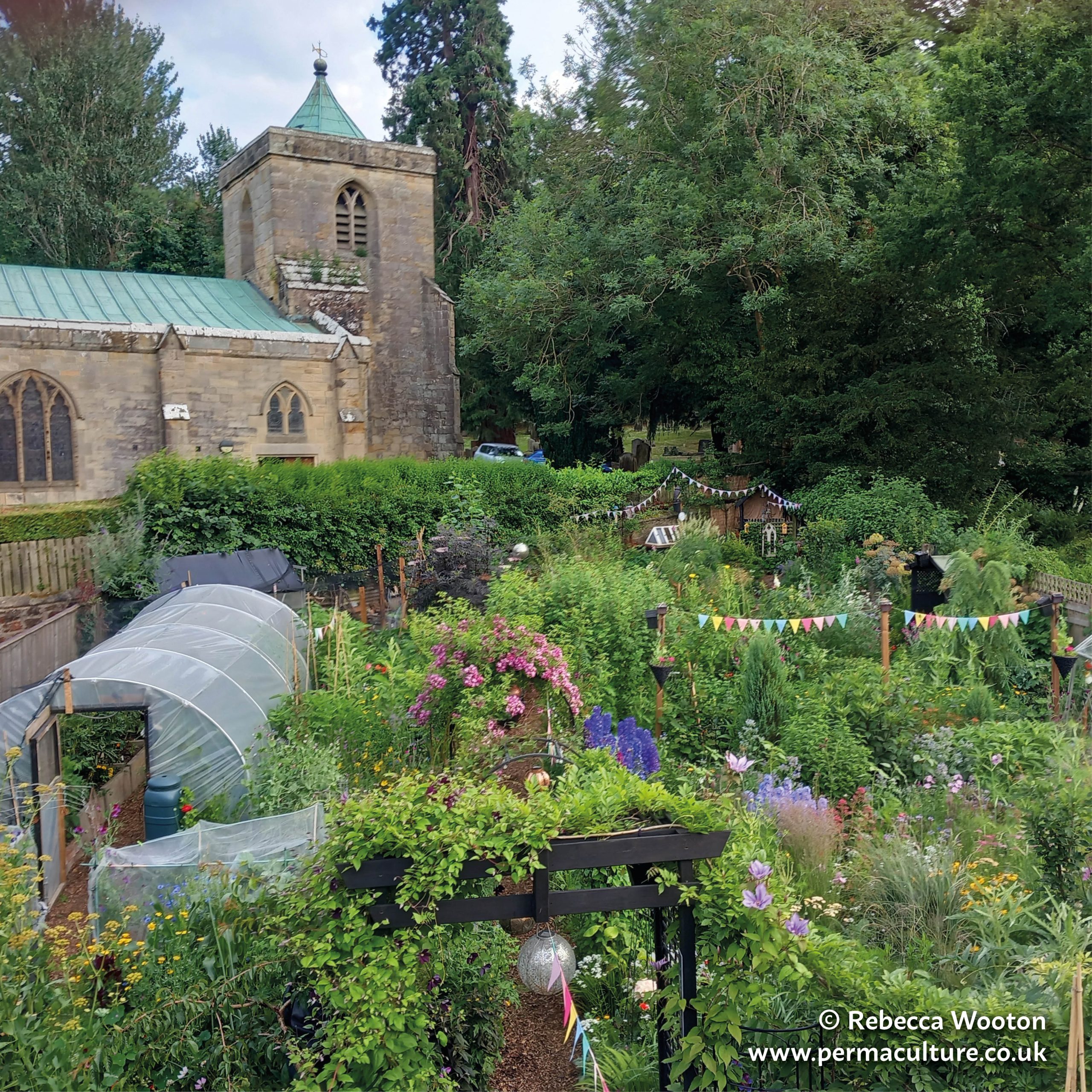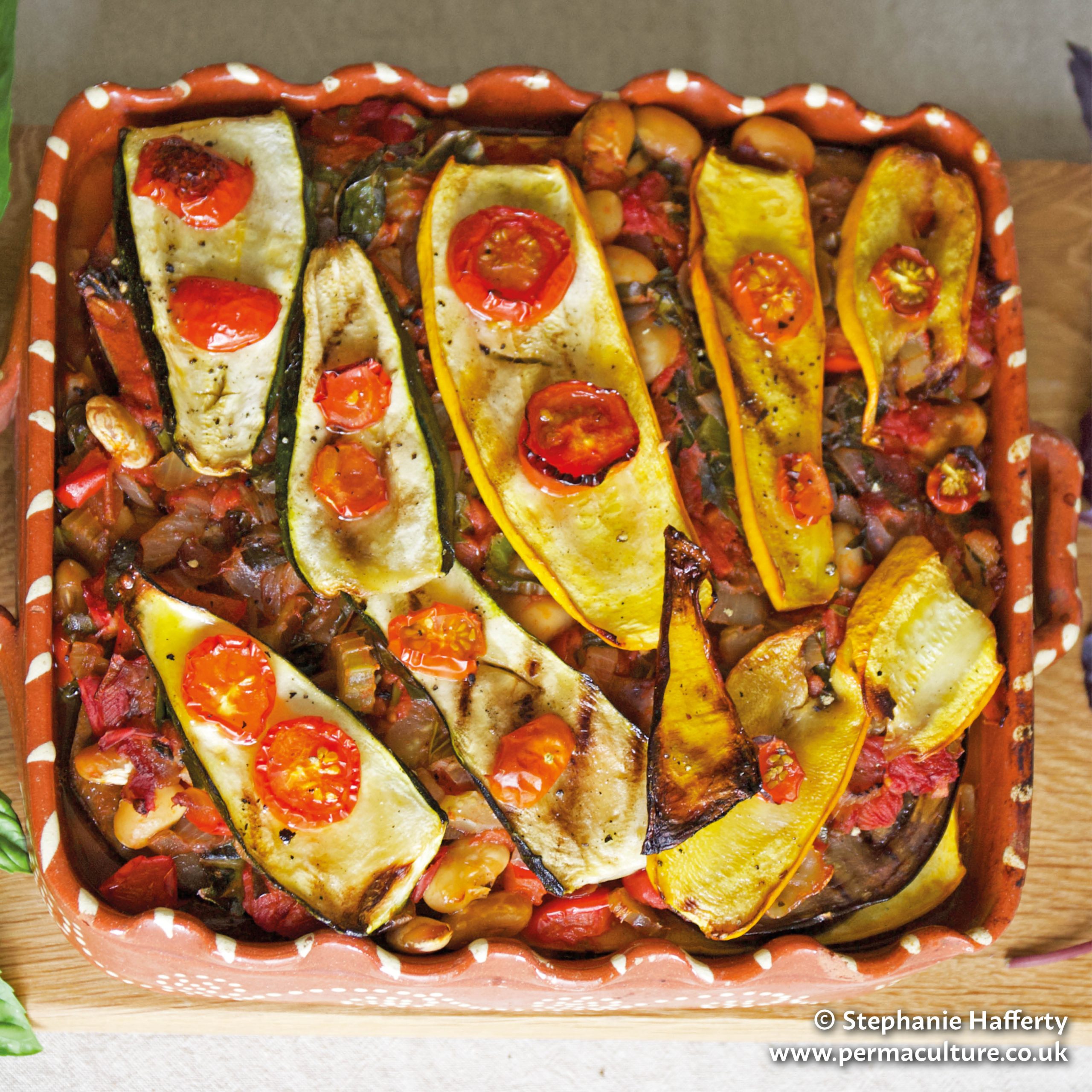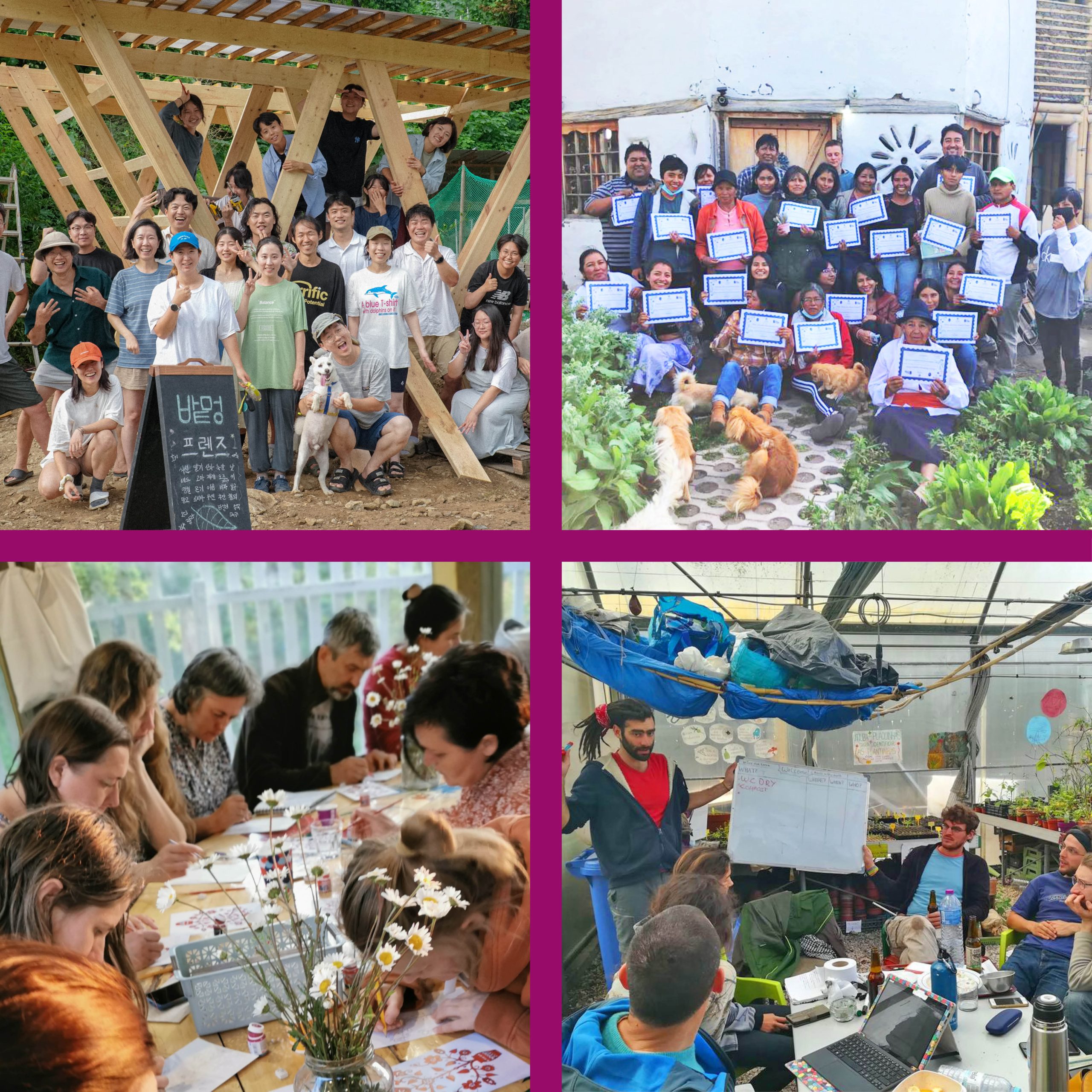In quest to resolve the industrial agriculture issues in Australia at mid-1970s, Bill Morrison and his colleague David Holmgren came up with permaculture. This alternative offers a sustainable solution to farming that works with nature and adopts an indigenous and natural approach to agriculture.
Kenya, and especially Tharaka are also in need of permaculture – food security, care for people, utilisation of unused arable lands. Our project is based at a school because food insecurity is one of the biggest issues, with malnourished children finding it hard to learn.
We have transformed unproductive land into a food forest, with space for a tree nursery, animals for their manure, fish pond. Our food forest is an example of dryland techniques, important in our semi-arid climate, with sunken beds, sack gardens, vertical bags, cone gardens and zai pits.
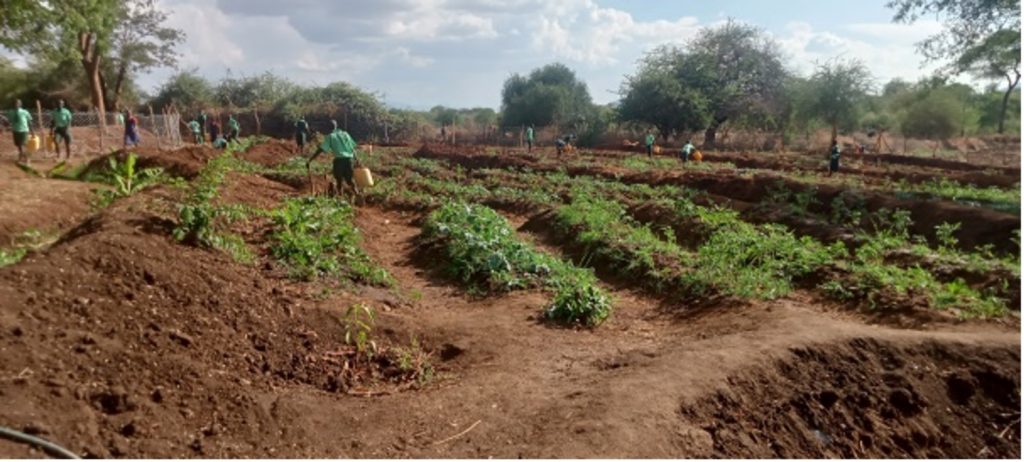
The demonstration garden has been set up in a unique design which aligns with the terrain and the gradient of the land. This ensures proper surface run off and we harvest rainwater from the roof which helps with irrigation. The water from the surface is collected using a tunnel that passes through a silt trap and then into a huge banana circle, where by its contained and calmed before it enters the garden. This happens for the roof harvested water too. The other channel of water enters the pond first the via silt trap and then to the garden.
There are components in the food forest which are key elements in the design and water flow systems. Swales that have been constructed using an A-frame help retain and channel the water throughout the farm and to the banana circles inside the farm. In the bands of swales and banana circles we have planted cover crops such as sweet potatoes and other tubers to reinforce the soil and also provide food. Banana circles are also very instrumental in storing the water from the overflow from swales since they are placed in between the swales. Inside the circles, bananas and other water loving crops are planted to utilise the water stored. They also help water to sink in to the farm soil which in return raises the water level. The garden is further subdivided into 1-metre wide raised bed with 40cm pathways, where they are filled with a variety of crops and herbs, planted depending on how they relate with each other. The farm is also planted with a variety of fruit trees which are intertwined.
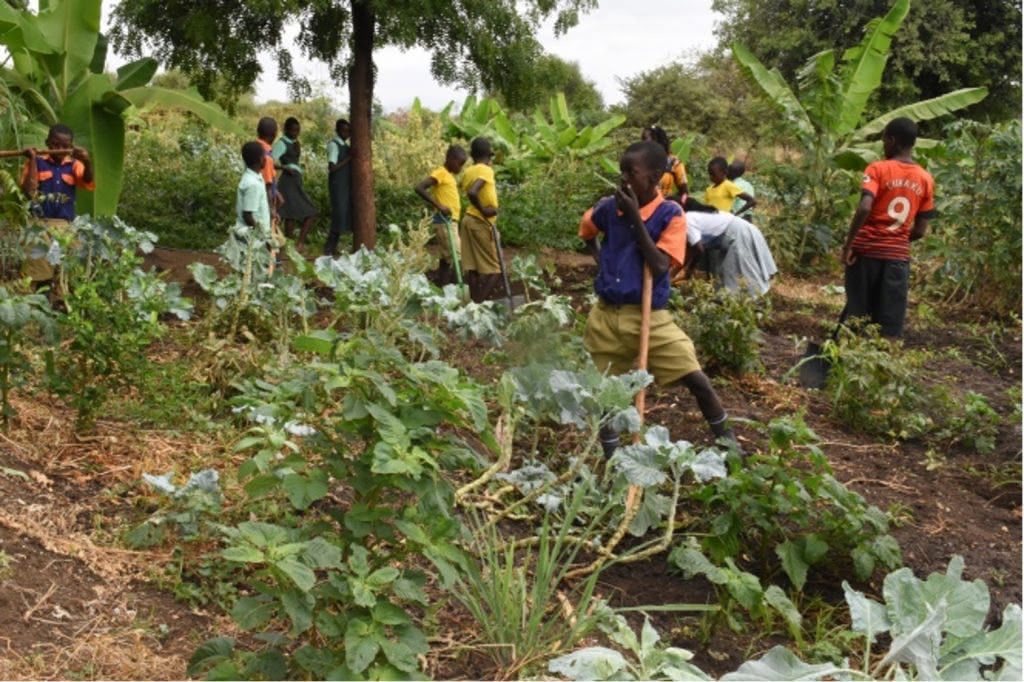
All of these components and structures have brought measurable positive impacts within the school and the community at large. Food security within the school has raised as pupils are able to eat at school and have a balanced diet. Integrated pest management education teaches the community that toxic pesticides aren’t necessary and increased yields both in quantity and quality is evident due to soil conservation. Soil erosion also has been greatly curbed as the water run-off has been managed effectively. Permaculture techniques have been taken up by the community and therefore improving their life standards. Promotion of indigenous knowledge and seeds that are resilient to the climatical conditions and variations is improving yields.
Permaculture is the only solution to climate change that causes so many problems, including food insecurity and land degradation. This takes care of the earth, people and embraces fair shares.
Kibui Initiatives was shortlisted for the 2022 Permaculture Magazine Award. Learn more about their work HERE.

